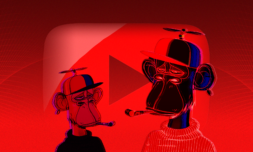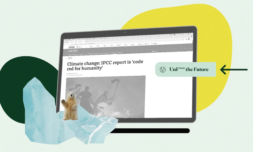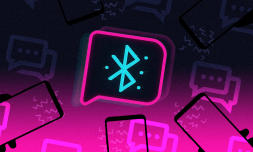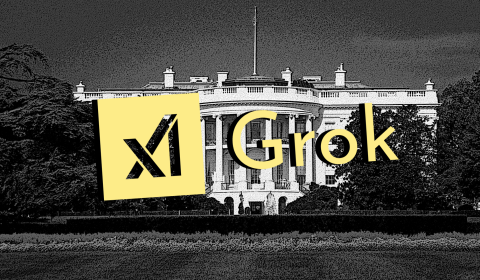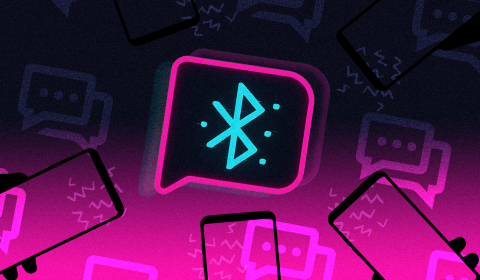What are Spotify bots?
Techies around the world created Spotify bots to artificially raise the play count of certain albums and tracks, knowingly or sometimes unbeknownst to the targeted artist or musician. Those offering the service do so in exchange for cash.
This is problematic on two obvious accounts: it damages the once authentic success and hype surrounding certain music releases and diminishes equal opportunities for emerging artists to rise to the top of the charts.
Using bots to boost stream counts on the platform violates Spotify’s terms and conditions, so tracks racking up abnormal number of repetitive streams will be detected by algorithms and ultimately removed.
All the artists’ earnings since the streams were detected will be withheld, which is even more unfortunate if the artist or label wasn’t involved in the bot-streaming-scheme.
Now, Spotify bots have started using another tactic that is perhaps not illegal, but rather annoying. These same bot accounts have started adding or deleting music within the popular collaborative playlists of unlucky users.
Go away, Spotify bot
A quick search on Twitter will reveal the thousands of people who have fallen victim to bot accounts ‘ruining their vibes’ on Spotify.
One user posted to the platform’s community forum stating that a bot ‘keeps adding multiple songs’ on their collaborative playlists or deletes everything previously added by the playlist’s 460 contributors.
Another posted to Reddit, saying that a playlist they created with their wife for four years was lost in a second when a bot removed all the tracks and replaced them with obscure, random artists.
Anyone who is in the habit of creating playlists can imagine how frustrating this would be – let it be known that if a bot touches our office’s Friday happy hour playlist, Tinta’s Bangers, it’s over – but some users have gone as far as calling it ‘disheartening’ and ‘abusive.’
https://twitter.com/soup_enjoyer_/status/1487493197995651076
At present, Spotify admits it doesn’t have a way to restrict access to collaborative playlists, though moderators on the platform’s forum have said that the ‘team is actively working on delivering changes’ in this area.
The only way to dodge these bots is after they’ve already committed the heinous crime of hijacking your playlist. To do this, visit the bot profile, click the 3 white dots and block them. It’s also worth making collaborative playlists private and saying a sincere prayer to the universe that the bots don’t target you again.
Going private means you’ll have to directly share playlist links to the people you want to exchange music with. This somewhat defeats the purpose of collaborative playlists for people who enjoy invite others with similar music tastes to join in via online forums.
In the meantime, the Spotify team better get a move on creating stronger privacy options for this once-adored feature. Some users on TikTok are saying the bot infiltration is ‘just another reason to leave Spotify.’
With incessant bots pestering us through spam e-mails, Instagram comment sections, Twitter threads, and everywhere else online – music platforms should be the one place we can feel safe from the madness.
Or at least a place where we can get our groove on, uninterrupted.










